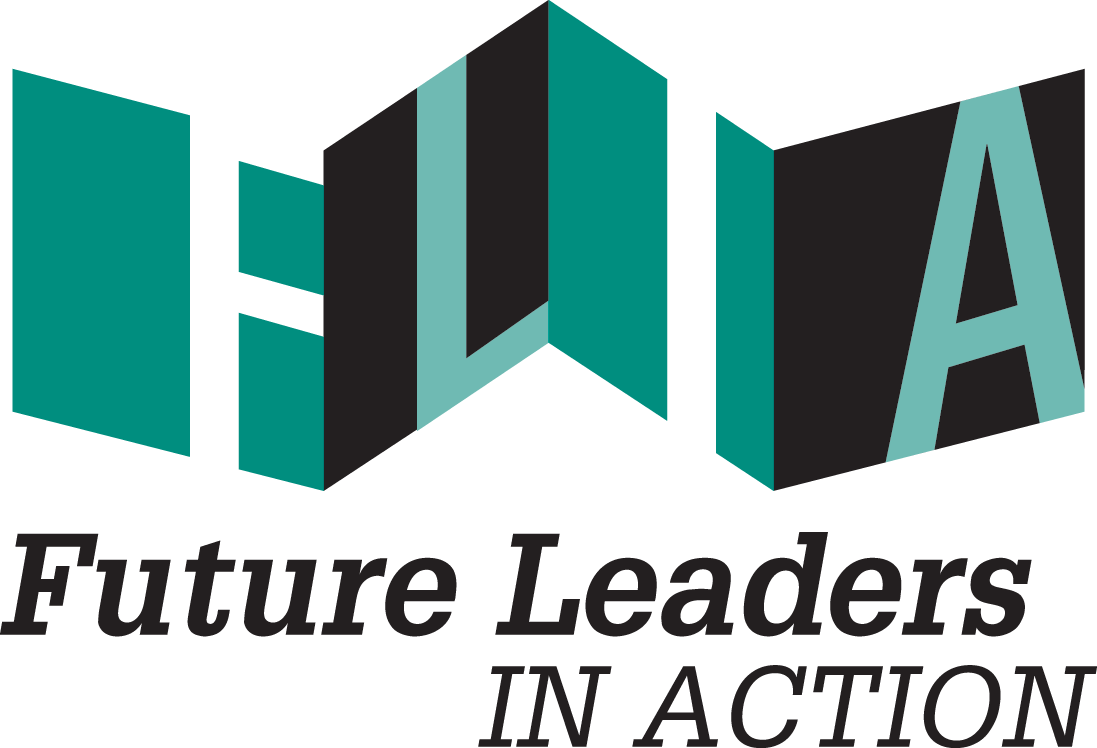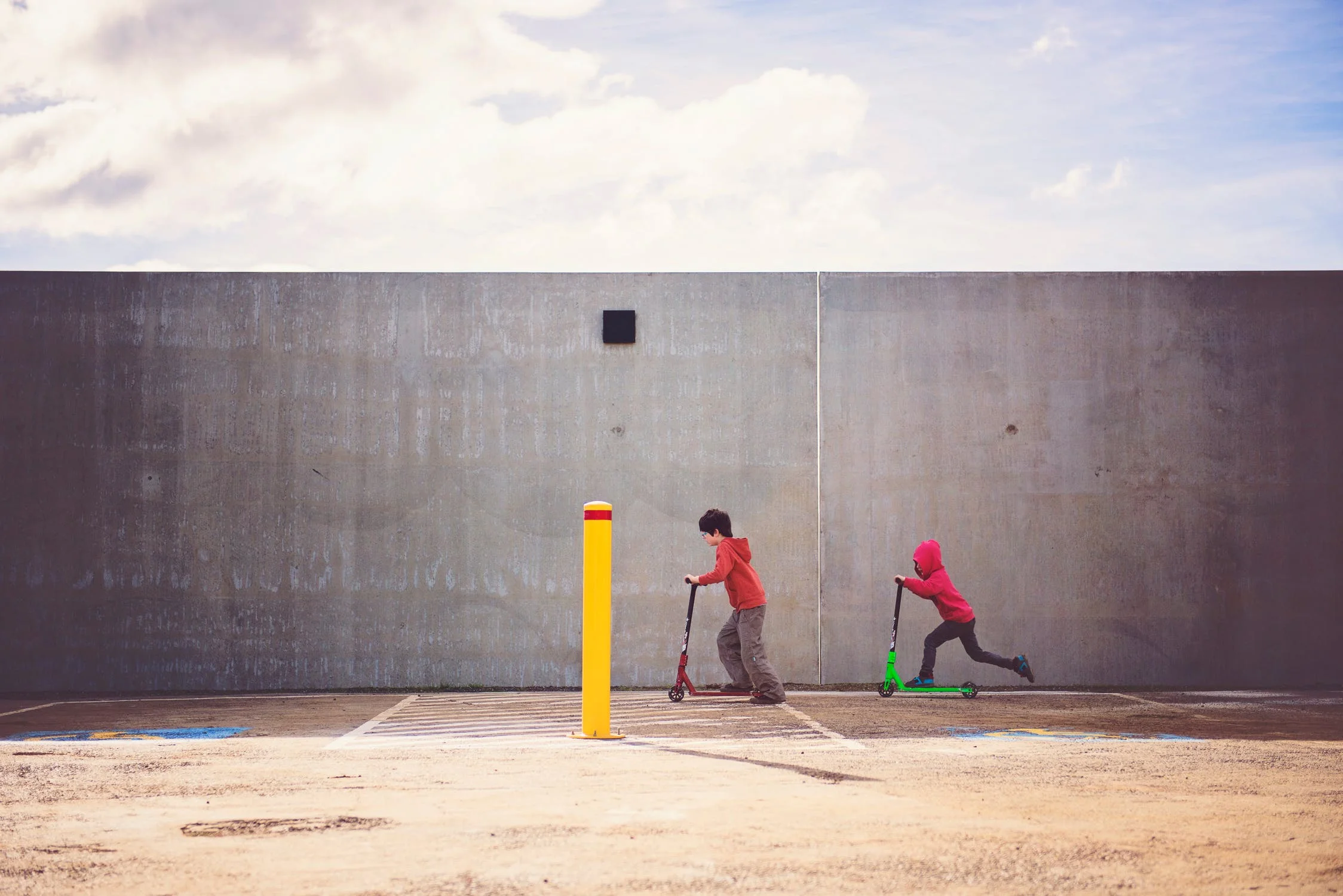Children playing, taken from Pexels
Healthy relationship education is a vast field of knowledge that can be facilitated both formally and informally. It often encompasses individuals’ relationship with themselves, their family & friends, an intimate partner, and with their society or culture as a whole. Although this may sound daunting, there is an endless amount of ways to teach our youth about healthy relationships. The key is for adults to be intentional about it.
While it can and should be an enjoyable topic to talk about, we also have to treat it as something that is critical to youth development. Immediate reasons for this are high rates of sexual assault, intimate partner violence (IPV), as well as the pervasiveness of childhood trauma (ACES) just to name a few. According to research about human resilience, which came out of the ACES study, just one healthy adult-child relationship can counteract trauma and help youth into adulthood.
Learn more about resilience and the scope of sexual violence & inter-personal violence.
Key soft skills for young adult success according to ChildTrends
Healthy relationship education facilitates the development of soft skills. "Soft skills refer to a broad set of skills, competencies, behaviors, attitudes, and personal qualities that enable people to effectively navigate their environment, work well with others, perform well, and achieve their goals. These skills are broadly applicable and complement other skills such as technical, vocational, and academic skills."
As I said before, it is imperative to be intentional and inclusive in these conversations. Youth learn an immense amount of information through what is called modeling or observing how adults and peers in their life handle situations, and then repeat or mimic that behavior.This means that as humans who are not perfect, even as adults...or especially as adults, we have to hold ourselves accountable and learn alongside youth in our lives. The first step to teaching healthy relationships to your youth is creating a healthy, professional, stable relationship with your youth.
What can healthy relationship education look like? Once the first step is down, some basic tenets of comprehensive healthy relationship curriculum include:
Comprehensive and inclusive
Information should be culturally sensitive, LGBTQ inclusive, focused on positives and based in fact. Important starting places are helping them understand personal values and beliefs, possible places they developed the beliefs from, as well as the common values in their society. This includes discussion(s) of gender norms and power dynamics - both of which, when left unexplored, are tied to IPV and abuse.
Realistic
No relationship is perfect, and relationships look different for different people. That being said it is imperative to discuss when someone is crossing the line, and what this means. For example, conflict vs abuse in a relationship. This does not only apply to intimate relationships but family and friends as well. And while we know that women & girls, as well as LGBTQ folk, suffer disproportionately from IPV and sexual assault boys & men still do, so language/scenarios should be gender neutral - they, them, theirs or reflective of various types of relationships.
Skill-building
Healthy relationships are not just relevant in one's personal life, but also in academics as well as the work world. Education that facilitates building communication, critical thinking, assertiveness (instead of aggressiveness), and up-stander skills have long-term benefits for youth in an array of areas.
Resource-driven
This is critical because things happen to young people in real time. Resources and services should be accurate, safe, and non-stigmatizing to encourage our youth to be honest and accountable.
This is a basic curriculum format that can and should be altered based on the community, culture and age range one is teaching. That being said, I challenge us to dig a little deeper into what is or isn't "age-appropriate." Here is an example of relationship/sex-ed that starts at age 4. In the future, when individuals do become sexually active or choose not to, these teachings can help alert them to abnormalities people with less education might not recognize - as well as give them the resources to handle them safely.
It is encouraging that these types of lessons can be taught in many different programs and be beneficial to youth with a variety of backgrounds and experiences. For example, YSS's youth residential addiction treatment program has a group called Love Notes - a curriculum-based group that teaches relationship skills, pregnancy prevention, workforce readiness, and practical skills for change.
YSS also has an entire prevention department which provides a vast amount of services and programs based on community need. Two of the programs relative to healthy relationships are the Adolescent Pregnancy Prevention Program (APP) and Talking about Touching. APP is a comprehensive prevention and intervention service. Their outreach is done in class or group settings and is based on tenets of age-appropriateness and science-based sexual education. Talking about Touching is an evidence-based curriculum done in elementary schools, specifically for grades K-2nd. It teaches a number of basic safety habits including healthy, unhealthy, and unwanted touches while providing and facilitating the creation of a support person for the children.
An event I recently got to experience through my fellowship is called Teen Maze. This event, which is put on by YSS, local law enforcement, schools, and other partner organizations, also deals with tenets of healthy relationships. There was a relationship stop, a parenting stop, and a body image stop - where I worked, as well as a few others. In our body image stop, 7th graders got to play a game of Jenga where the negative comment on the block they pulled had to be counteracted with a positive comment. Exp: my feet are too big - You probably have great balance! Additionally, the youth answered questions and learn about where we get ideas of body image, how to be realistic about our bodies and counter negative thoughts, as well as lift our friends up when they say negative things about their bodies. This, in turn, helps improve their relationship with themselves as well as others.
Jenna with youth at body image booth during Teen Maze event
Jenga activity at body image booth
At the end of the day, a youth's healthy relationship education starts simply with a healthy relationship. As professionals in the social sector, parents, teachers, and community members, we all have opportunities to make a difference in a young person’s life. It is time to be intentional and accountable to our actions, our words, and our relationships ~ heck, we'll probably learn something great along the way, just imagine what it could do for all the relationships in your life!





